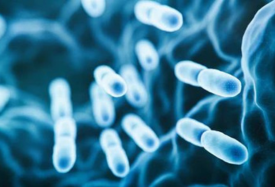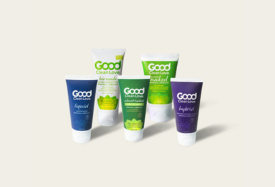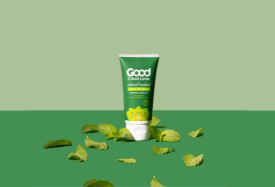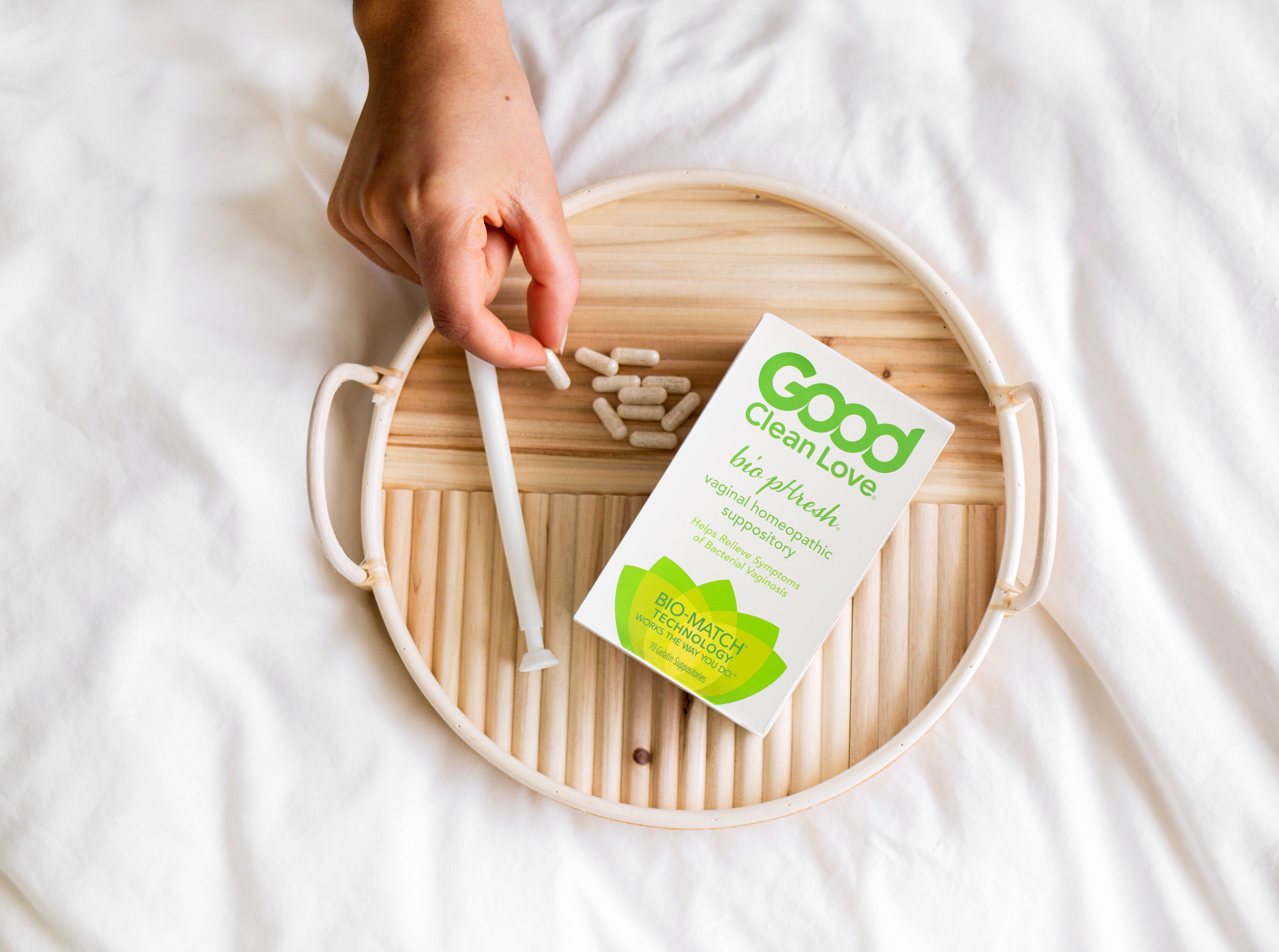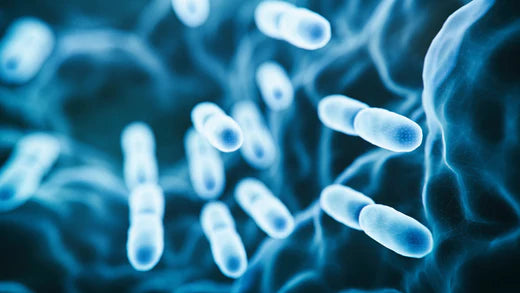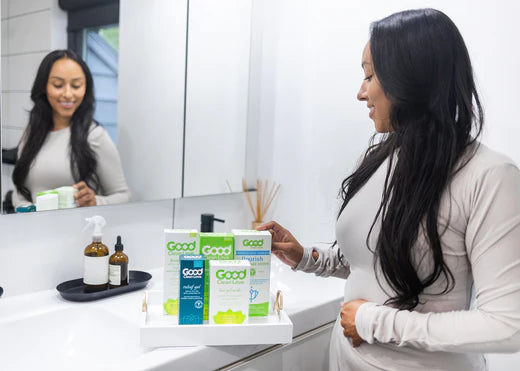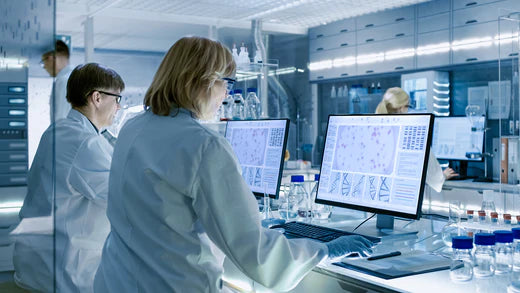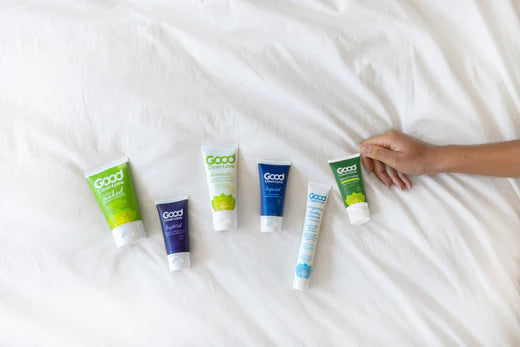If you’ve just gone through labor, it’s natural that your own wellness and hygiene may not be as top of mind as your newborn baby’s. However, new moms are especially vulnerable to infection in the days and weeks after childbirth and it is not uncommon for women to develop infections especially if they had a difficult delivery. To avoid infection, it is essential that you stay as healthy as possible during the early postpartum stage.
Here’s what you need to know:
You are vulnerable to bacterial infections
Puerperal or postpartum infections begin when bacteria on your body (or on your delivery doctor’s body) begin to proliferate during delivery on exposed tissue, especially where there has been tissue damage. According to Healthline.com, “Postpartum infections often start in the uterus after delivery. The uterus can become infected if the amniotic sac becomes infected.” Your risk factor is increased depending on whether you have a vaginal birth (lower risk), a scheduled cesarean delivery performed before labor begins (moderate risk), or a non-scheduled cesarean delivery performed after labor begins (higher risk).
You need to take care when washing your genital area
Just Mommies has some postpartum tips for new moms, “You’ll be given a peri bottle (a little squirt bottle) and instructions on how to wash the vaginal area with it in the postpartum phase. Use clean, sterile water and spray from front to back (it actually feels a lot more soothing than it sounds, especially after what you’ve been through).” If you aren’t offered a bottle, ask for one! You can also find empty squirt bottles at many drug and natural-food stores. Be sure to sterilize the bottle before using it. According to UnityPoint Health, “If you have delivered vaginally, soaking in a bathtub can also help with cleaning and wound healing. Be sure to clean the bathtub well, before doing this.”

You may benefit from a gentle, pH-balanced wash
At Good Clean Love we are partial to Balance Moisturizing Personal Wash (not too surprising since we formulated it!). Balance is “Bio-Matched” which means it matches optimal vaginal acidity and salinity to help support the vaginal flora that may protect from infections like Bacterial Vaginosis, discomfort, and unpleasant odors. Balance is different from other harsh soaps and cleansers, and is specifically formulated for vaginal cleansing – read more here.
You should watch signs of infection during the days after delivery
It is normal for bleeding and vaginal discharge to last up to eight weeks after delivery. However, if you experience any of the following, you should talk with your doctor immediately as these may be signs of infection:
- Large blood clots (bigger than a quarter)
- A fever, chills or abdominal pain
- Vaginal discharge with a foul odor
Find more tips about what to watch for from the Mayo Clinic.
Your diet can make a big difference
Since these infections are bacterial, eating lots of fresh fruits, vegetables, and whole grains will help your immune system stay strong – both in preventing an infection and in helping fight one off. Be sure you are caring for your own needs just as carefully as you care for your new baby’s. Your baby is depending on you, so you need to be healthy! Getting enough sleep is also important for good immune system function, but this might be a challenge right now. All the more reason to be sure you are eating well.
Be sure to talk with your doctor after delivery about vaginal hygiene especially if you experience any complications that indicate an infection, and of course, be sure to go to your postpartum check-ups!

